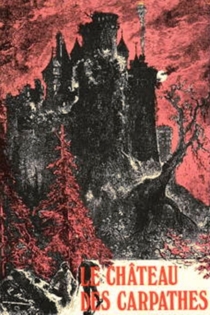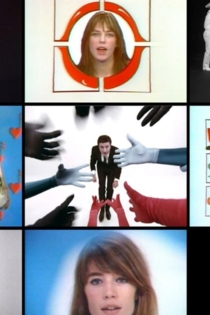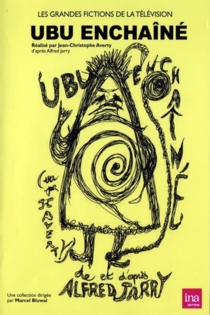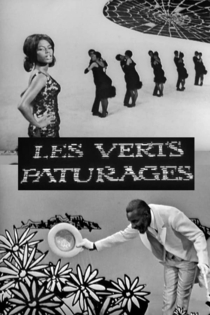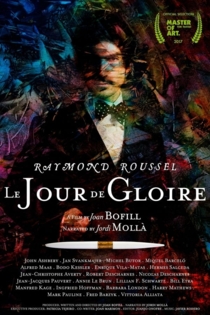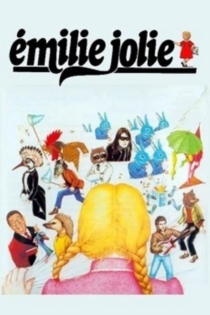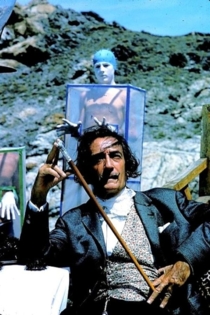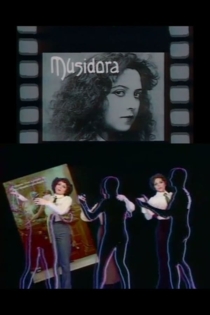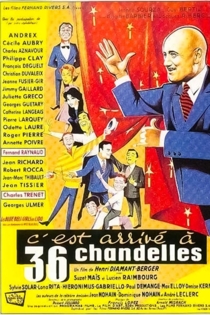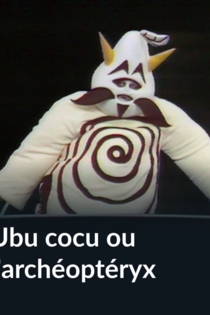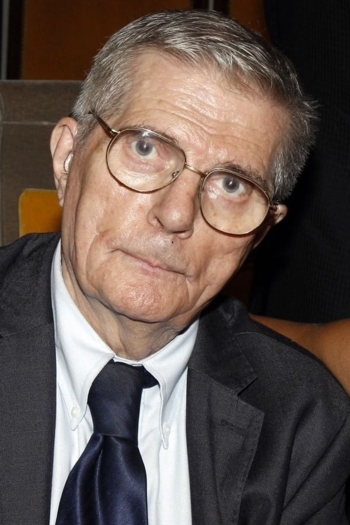
Jean-Christophe Averty
1928 - 2017Many of his television productions from the 1960s were early examples of French video art. His studies were used in the following decades by the research groups of the French National Audiovisual Institute (INA).
Averty was born in Paris. A graduate of the IDHEC film school, he started in television in 1952 at the then French Television Office. He directed over five hundred programs for television and radio, across all disciplines: fiction, documentary, drama, variety, and jazz. His many awards include an Emmy award in the United States.
Averty was appointed Satrap of the College of 'Pataphysique in 1990, due to his fascination for Alfred Jarry and Pataphysique.
Averty made his reputation on his strong character, his taste for provocation and his sense for innovative television. His 1963 series The Green Grapes was infamous for a recurring sequence of a baby being put through a grater.
A keen connoisseur of jazz, Averty filmed the Jazz à Juan festival for many years. The pianist Martial Solal paid him a tribute in one of his compositions: Averty, c'est moi (Averty that's me).
Over 28 years, he hosted 1,805 episodes of his radio show Les Cinglés du music-hall, based on his own collection of jazz and variety 78s that he had bought in flea markets around the world. The show was cancelled in 2006 under Jean-Paul Cluzel's chairmanship of Radio France. The French section of the shows was based on notebooks entrusted to him by André Cauzard, filled with daily details of pre-war jazz music events.
Averty directed television shows where he applied his singular style to showcase the greatest francophone singers such as Françoise Hardy, Yves Montand, Johnny Hallyday, Sylvie Vartan, Juliette Greco, Georges Brassens, Dalida, France Gall, Serge Gainsbourg, Gilbert Bécaud, Guy Marchand, Léo Ferré, Tino Rossi, and Jean Sablon, and as well as foreign musicians such as Patty Pravo.
In 1969 Averty directed the TV movie Le Songe d'une nuit d'été, starring Claude Jade, Christine Delaroche and Jean-Claude Drouot, and filmed entirely in bluescreen.
His television creations are landmarks in their use of video as a mode of artistic expression. Averty made great use of characters filmed against a blue screen, overlaid on a drawn background. Examples are Sapeur Camembert, based on the eponymous work of Georges Colomb, and a production of Edmond Rostand's classic play Chantecler.
Averty was one of the last salaried directors of the French Production Company. In 2012, he entrusted the management, conservation and safeguarding of the rights of all of his television and radio works to the French National Audiovisual Institute (INA); nearly a thousand television programs on jazz, sports, fashion, variety and the theater.
Source: Article "Jean-Christophe Averty" from Wikipedia in English, licensed under CC-BY-SA 3.0.
Melody
Jean-Christophe Averty
Jane Birkin, Serge Gainsbourg
Although Gainsbourg and Birkin had appeared in a string of films since their magnetic collision in Pierre Grimblat’s Slogan, Melody was a bit of diversion from their collaborations since it’s a series of interwoven videos inspired by the Gainsbourgalbum. For '71 it’s a novel concept to bring visual life to an LP, but even more surprising are the short film’s amazing visuals that director Averty crafted using a wealth of video filters, overlays, camera movements and chroma key effects. Averty applies these in tandem with the increasing tone of Gainsbourg’s songs, which more or less chronicle an older man's affair with a young girl. Each song is comprised of steady, sometimes brooding poetic delivery, with refrains timed to the phrase repeats of each song, while Alan Parker’s buzzing guitar accompanies and wiggles around Gainsbourg’s resonant voice. The bass is fat and groovy, the drums easy but steady, and the periodic use of strings or rich vibrato makes this short a sultry little gem.
Melody
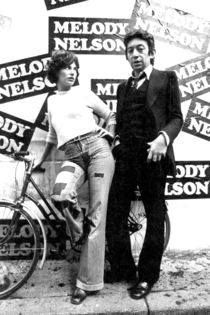
Ubu Roi
Jean-Christophe Averty
Jean Bouise, Rosy Varte
Based on Alfredy Jarrry's 1896 play about a greedy, overweight, selfish dude named Pere Ubu. The story follows Ubu on his journey to overthrow the current ruler and become King of Poland. Along the way he betrays many of his followers, taxes the civilians to an unreasonable degree and eventually slaughters everyone. Along his side, is the equally crude but somehow more likable Mere Ubu, who's like a foul mouthed Lady Macbeth.
Ubu Roi
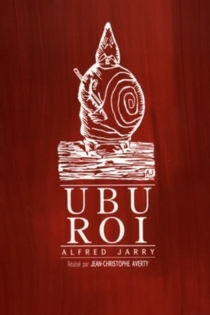
Ray Charles - Live in France 1961
Bruno Riou-Maillard, Jean-Christophe Averty
Ray Charles
Lost for 50 years, these newly discovered concerts were filmed at the 1961 Antibes Jazz Festival in France and show Ray Charles in his prime period with the original Raeletts and his most legendary band (including David "Fathead" Newman and Hank Crawford). These first concerts he ever gave in Europe opened the door for Ray Charles to become one of the most revered international stars America has ever produced.
Ray Charles - Live in France 1961
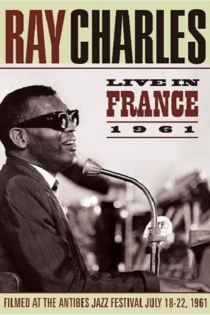
Le château des Carpathes
Jean-Christophe Averty
Benoît Allemane, Sacha Pitoëff
In 1898, strange things happen in a castle not far from the small village of Werst in the Carpathian mountains of Transylvania. Twenty years earlier, the castle had been abandoned due to some nefarious dealings there but a shepherd sees smoke coming out of the chimney, which stirs up the village with whispers Chort (a demon) is now occupying the place. Count Franz de Télek, a visitor to the area, becomes intrigued by all this turmoil and decides to investigate. Made for French television and based on the 1892 Jules Verne novel of the same name.
The Carpathian Castle
